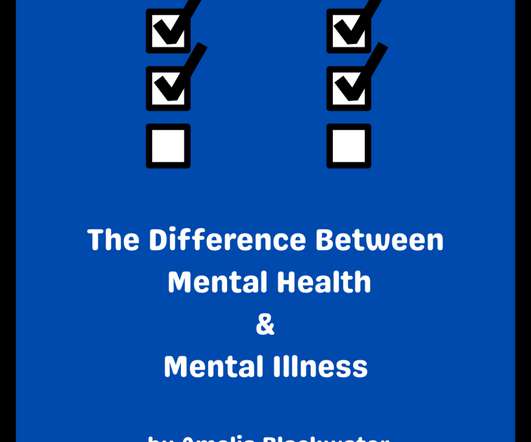Everything You Need to Know About Mental Health Case Management
Famcare
JUNE 29, 2023
The most prevalent mental ailment among Americans is depression, but they also have bipolar disorder, schizophrenia, anxiety, OCD, and PTSD. Mental health issues have been identified in more than 50 million Americans.




















Let's personalize your content